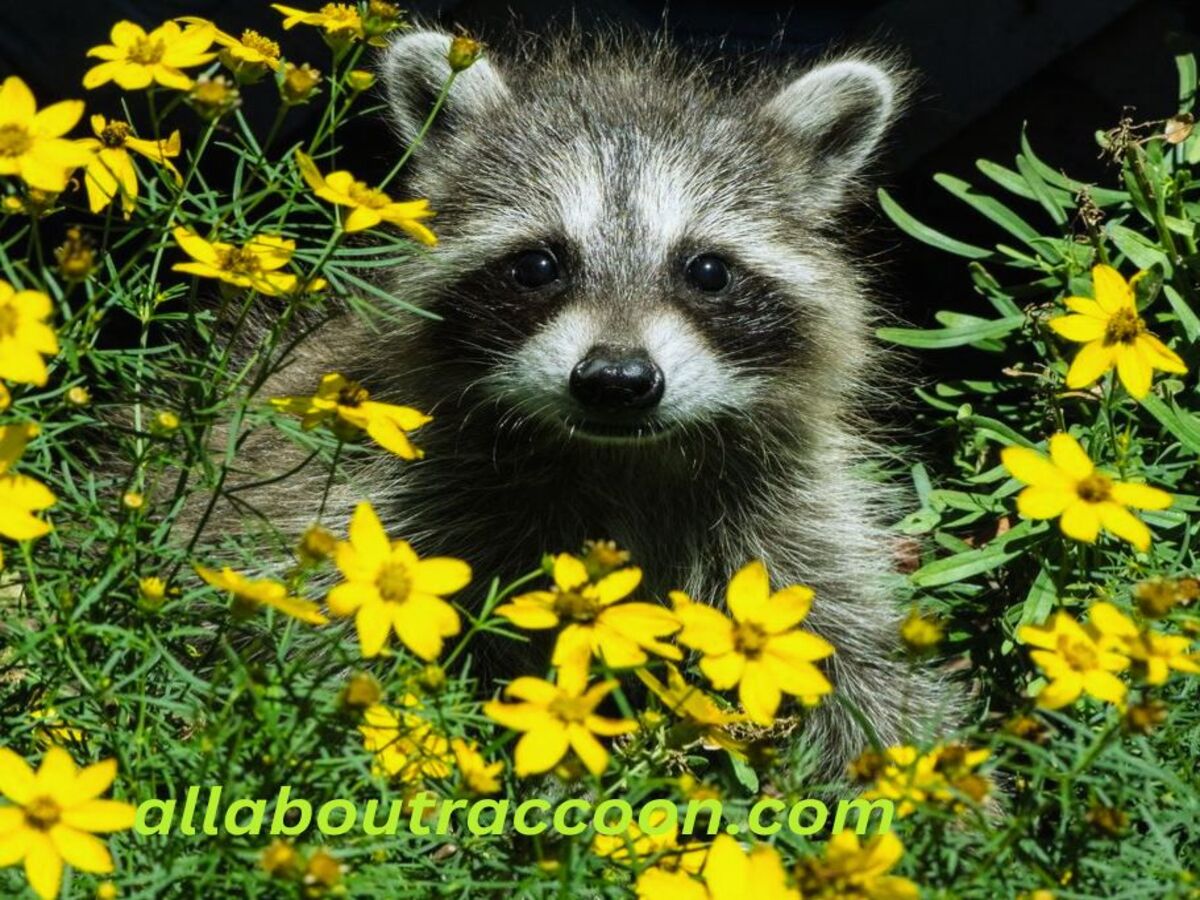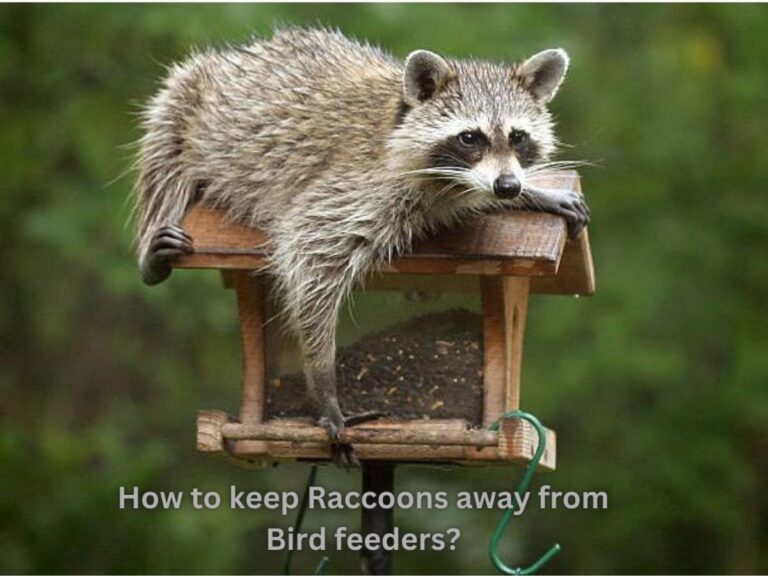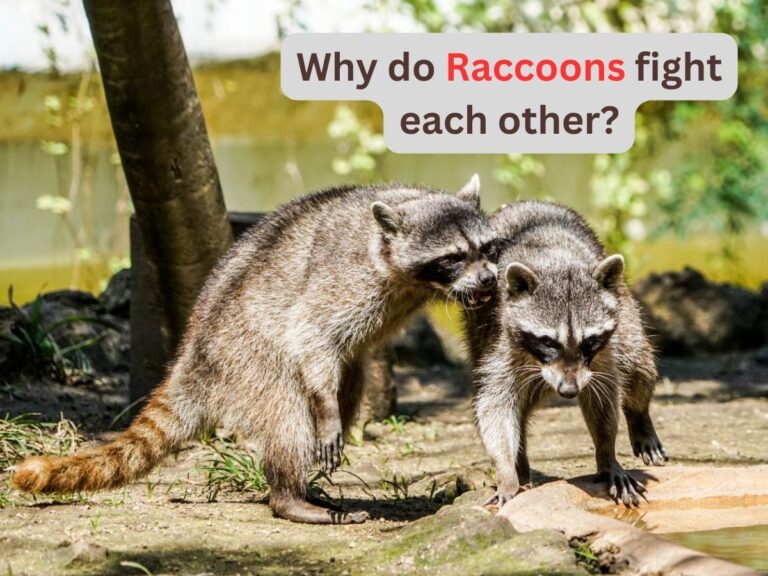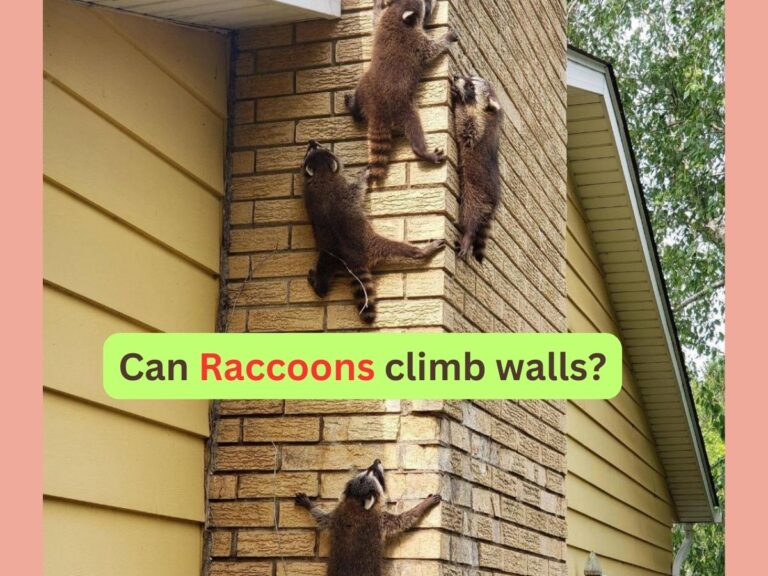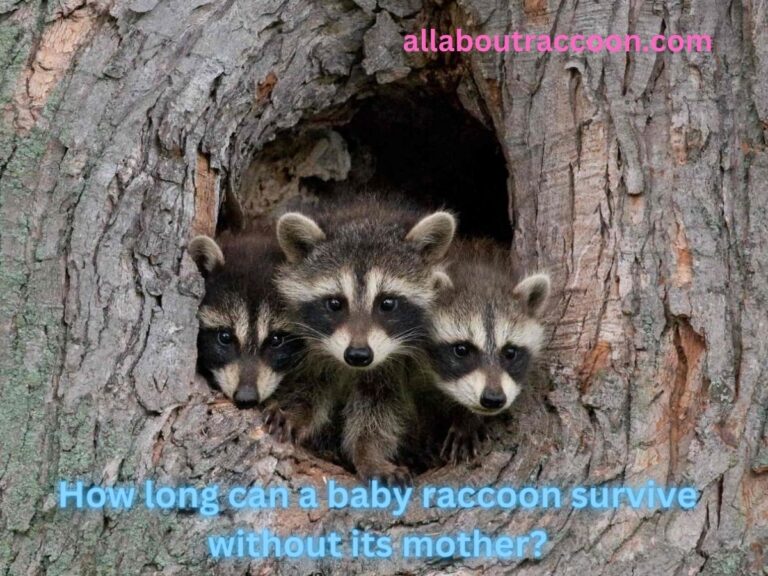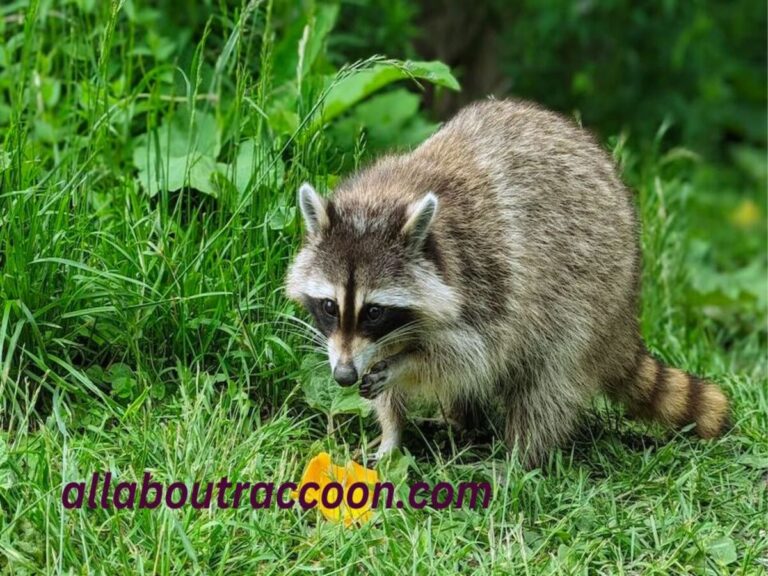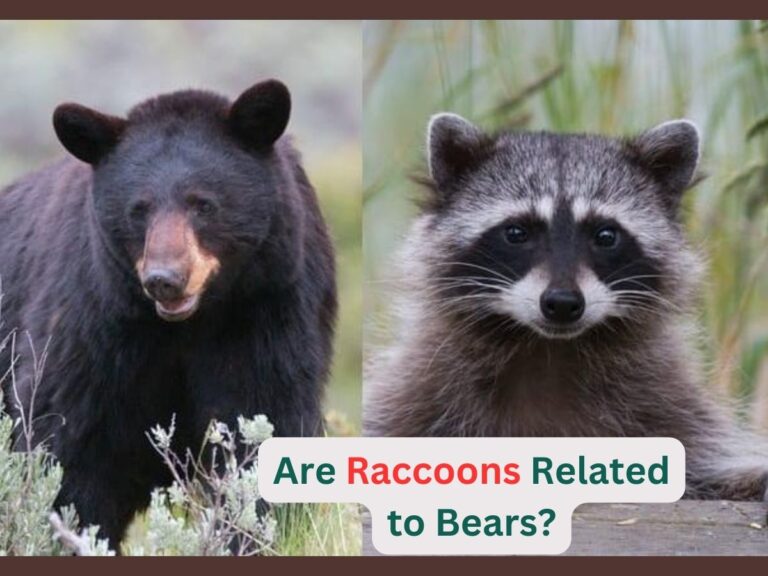Are Raccoons considered Pests?
Are raccoons considered pests? Why are raccoons considered pests? Do raccoons have bad effects or harms like pests? Is it necessary to avoid wild raccoons? If yes then how?
If you want to know such important information about wild raccoons; you are on the right web page.
This article contains recently researched data. The information you will find here is exact, correct, and authentic. So let’s come to read…
What is a pest?
“A destructive insect or another animal that attacks and affects badly including damage and destruction to crops, foods, and livestock is known as a pest.”
For instance, the whitefly(pest) affects badly the tomato plant. So like white flies; are raccoons too counted in the list of pests? What do people have a notion about them? Keep reading to find out…
Are raccoons considered pests? But why?
Are raccoons considered pests? Yes, raccoons are considered pests in some areas of the United States due to their harms same as pests. Raccoons cause considerable damage to humans as well as to animals. Thus, they affect badly to crops, gardens, property, etc. Due to this reason, they are considered pests. The key signs of raccoon presence are; paw prints, urine secretion, shuffling noise, scratch marks, foul smell, and dispersed trash canes.
What are diseases caused by raccoons(pests)?
Raccoons carry many diseases in their body secretions. likewise, they spread parasitic, bacteria, viral, and fungal diseases in humans and animals. These diseases are sometimes so fatal even lead to death.
1. Leptospirosis:
Raccoons are responsible for the spreading of bacterial diseases. Leptospirosis is a bacterial disease that affects humans and animals. Raccoons shed the genus leptospira in their urine and anal secretions, Later these secretions can absorb in soil water and remain there even weeks to months. So the animals that feed on infected soil may carry the bacterium and get diseases.
Leptospirosis infection may cause diseases:
- kidney damage
- Meningitis
- liver failure
- Respiratory diseases
2. Salmonellosis:
Salmonellosis is also a bacterial disease. Normally salmonella (bacteria) is transmitted in humans through undercooked food, and foods contaminated with the feces of raccoons.
Symptoms of infection:
- Diarrhea
- Headache
- Fever
- Nausea or vomiting
3. Roundworms cause Ascariasis:
Roundworms cause the fatal disease called ascariasis while raccoon’s body secretions contain roundworms. When humans and animals feed on contaminated food(containing roundworms), they they take the worms with food. Then these worms effectively enter the small intestine; lives there permanently and cause diseases.
Symptoms of infection:
- Severe abdominal pain
- Weight loss
- Fatigue
- vomiting
4. Baylisascaris:
Baylisascaris procyonis is a type of worm. Raccoons causes the spread of this disease. It is a parasitic disease and causes serious neurologic and ocular diseases in humans. So it’s fatal to even death.
Baylisascaris infection may cause:
- Loss of muscle contraction
- Fatigue
- Enlargement of the liver
- Lack of focus attention to surrounding
- blindness
5. Rabies:
Raccoons spread viral diseases in pets and humans. Raccoons are rabies vector species. Rabies is a viral disease transmitted by the bite of an infected animal. This disease affects the central nervous system and ultimately causes the death of its victim. Zoonosis is also a viral disease.
Symptoms of rabies:
- Weakness or discomfort
- Headache
- fever
👍 In short raccoons are responsible for many fatal diseases in humans as well as animals. So in this aspect, raccoons are considered pests.

How do raccoons(pets) affect possessions?
Besides spreading diseases, raccoons also cause a lot of damage to the property of humans. This property includes houses, buildings, roofs, yards, etc.
Damage to property:
Basically, the raccoon lives in the attics, chimneys, basement garages, roofs, under the deck, or any other place in the house; creating problems and harms to property. Similarly, they use your house for breeding purposes as well as for latrines; in reward, they will give damage your property. And so the presence of raccoons is not out of danger.
Serious threat to Electrical wiring:
Raccoons may damage the electrical wiring of houses. They damage the electrical insulation of houses. Raccoons climb on the roof shingles, tearing up the insulation on the attics by creating damage to electrical wires. They chew the plumbing(water supply system). Certainly, it’s massive damage for the home owners.
Use of wood piles:
In the same manner( causing harm), raccoons use freshly cut woodpiles for their latrine purpose( use the communal site to dump their feces) and make useless to the stack of wood plies. Undoubtedly, the area which is occupied by raccoons is full of foul smells. So there are chances to spread respiratory diseases in that area.
Hazards to garden or yard:
Raccoons feed on the juicy earthworms. When it’s a rainy season (spring or fall) or the soil is wet, small insects, earthworms and, grubs come out from the soil or just under the soil. Raccoons know this fact very well and dig the soil to get the yummy food. So unconsciously, they damage the garden or yard.
Spoilage of crops:
Furthers, raccoons are a great threat to fields and farms. They look for anything to eat and cause the uprooting of plants. They feed on the crops, especially the ear of the corn crop. Thus they ruin the crops to a great extent. Really it’s massive destruction in the form of a raccoon.
Damage to farms:
Moreover, if you have poultry farms; the raccoons obviously try to eat chicken and their eggs. So they give damage to your chickens. They destroy the nests of birds in search of baby birds because they feed on them.
👍 Raccoons cause a lot of damage to worthy possessions. So in this aspect, they are considered pests.
Important steps to avoid raccoons:
Implement the following necessary steps to avoid raccoons approaching your houses.
1. Houses, attics, chimneys, and even gardens must be clean.
2. Keep well-covered all your trash canes.
3. Inspect your gardens on a daily basis.
4. You must not enter in the area, which is occupied by raccoons.
5. Seal well all the possible openings for entry of raccoons.
Conclusion:
Raccoons are considered pests due to their tendency to cause severe damage to possessions(property) and their potential to carry diseases such as rabies, Salmonellosis, Leptospirosis, etc. Raccoons spread fatal diseases in humans as well as in animals.
Similarly, raccoons give damage properties like chewing of wiring, damage to gardens, spoilage of crops and poultry hazards, etc. If you see any of the activities mentioned above; make sure there must be raccoons responsible for the infestation in that area.
Take the necessary steps to make a raccoon-free area, which means a disease-free area.
FAQs:
Raccoons cause a lot of problems. They spread bacterial, parasitic, and, fungal diseases in humans as well as in animals. Besides this, they damage human property like houses, gardens, garbage cans, electrical wiring, crops, and farms. Therefore raccoons are not fair in living with humans.
Yes, definitely, raccoons have a foul smell. But the question arises how? Raccoon’s urine and feces have a very foul smell, which causes respiratory diseases in humans. They use the communal sites to dump their feces(for latrine purposes). If a foul smell is coming from your house; check it there must be raccoons.
👍You must also like these related posts about raccoons:

